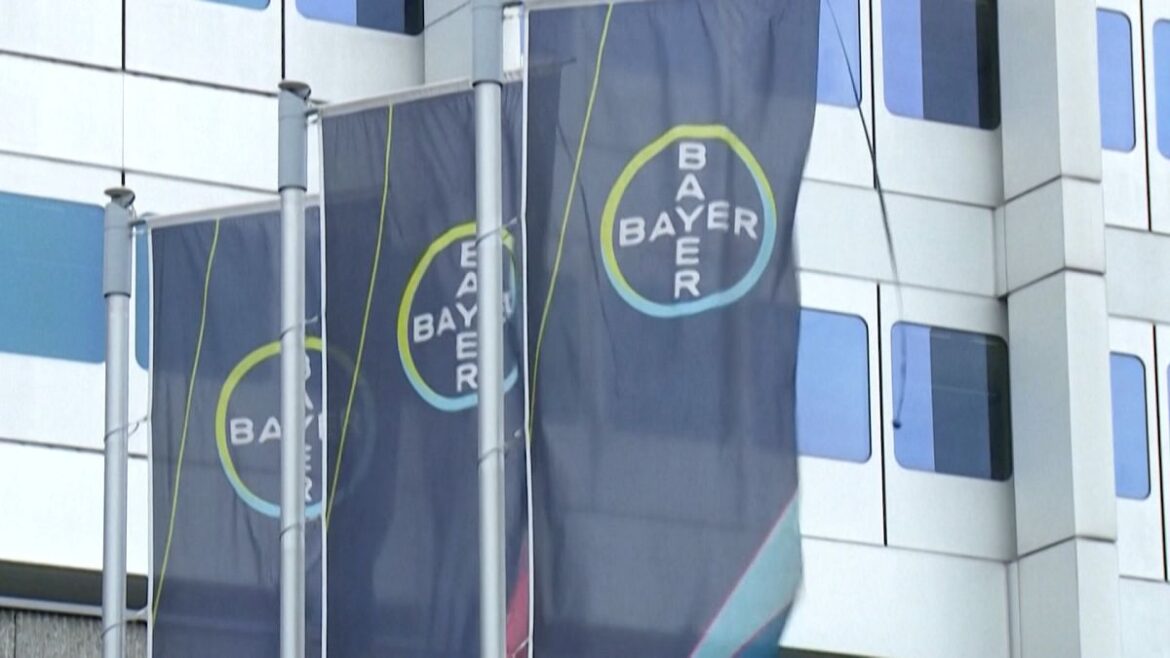The Monsanto group, a subsidiary of the German giant Bayer, was ordered on Monday in the United States to pay $857 million in damages to student and parent volunteers at a school exposed to PCBs (polychlorinated biphenyls), so-called “eternal” pollutants. “.
The Monsanto group, a subsidiary of the German giant Bayer, was ordered on Monday in the United States to pay $857 million in damages to student and parent volunteers at a school exposed to PCBs (polychlorinated biphenyls), so-called “eternal” pollutants. “.
In a reaction sent to AFP, Monsanto indicated its willingness to appeal this decision, as it had done in other cases relating to the same school, the Sky Valley Education Center in Monroe, in the state of Washington (northwest).
Five former students and two former parents of students filed a lawsuit in King County, a jurisdiction that includes Seattle, claiming that their exposure to PCBs contained in lighting caused them health problems.
Several decisions have already been rendered concerning other teachers, students and parents of the same school, with several hundred million dollars in compensation at stake.
Monsanto has, on several occasions, recalled having ceased the production of these PCBs, intended to prevent the risk of fire, since 1977, i.e. before their ban by the American government in 1979.
The group “never warned anyone that (the PCBs) would last longer than the facilities in which they were installed,” said Felix Luna, lawyer for the seven plaintiffs, during his argument at the trial.
“They never warned that when they enter the body, they stay there for life, that they are neurotoxic, (…) a danger,” he continued, according to the transcript of the debates.
During the trial, Monsanto highlighted the fact that the school authorities had been regularly alerted, since the 1990s, of the need to replace the lighting.
The agrochemical group faces other legal actions linked to the effects of PCB.
In the reaction sent to AFP, Monsanto recalled having already been exonerated in several cases.
Roundup also targeted
Bought in 2018 by Bayer for $63 billion, the company has also been ordered several times to compensate people who were in contact with the controversial weedkiller Roundup, based on glyphosate.
In mid-November, the jury of a court in Missouri (central United States) awarded Monsanto $1.5 billion in damages for the benefit of three Americans who had blamed their non-Hodgkin’s lymphoma on years of use of Roundup.
The group also appealed this conviction.
According to Bayer, 113,000 of the approximately 165,000 proceedings initiated against Monsanto and related to the weedkiller have been resolved or declared inadmissible to date.
In June 2020, the pharmaceutical and biotechnology giant reached an amicable agreement covering, according to the company, around 75% of the 125,000 actions then in progress.
The transaction provided for the payment of a total sum of between $10.1 and $10.9 billion.
Bayer had also allocated 400 million dollars to compensate people exposed to another herbicide, dicamba, and 820 million for disputes linked to PCBs.
In 2021, the company allocated an additional $4.5 billion to manage these procedures, bringing the total envelope to more than $16 billion.
Bayer disputes the harmfulness of glyphosate.
It was classified, in 2015, as a “probable carcinogen” by the International Agency for Research on Cancer of the World Health Organization (WHO).
For its part, the European Food Safety Authority (EFSA) indicated that it had not identified any “critical area of concern” in humans, animals or in the environment likely to prevent the authorization of the herbicide, while recognizing a lack of data.



